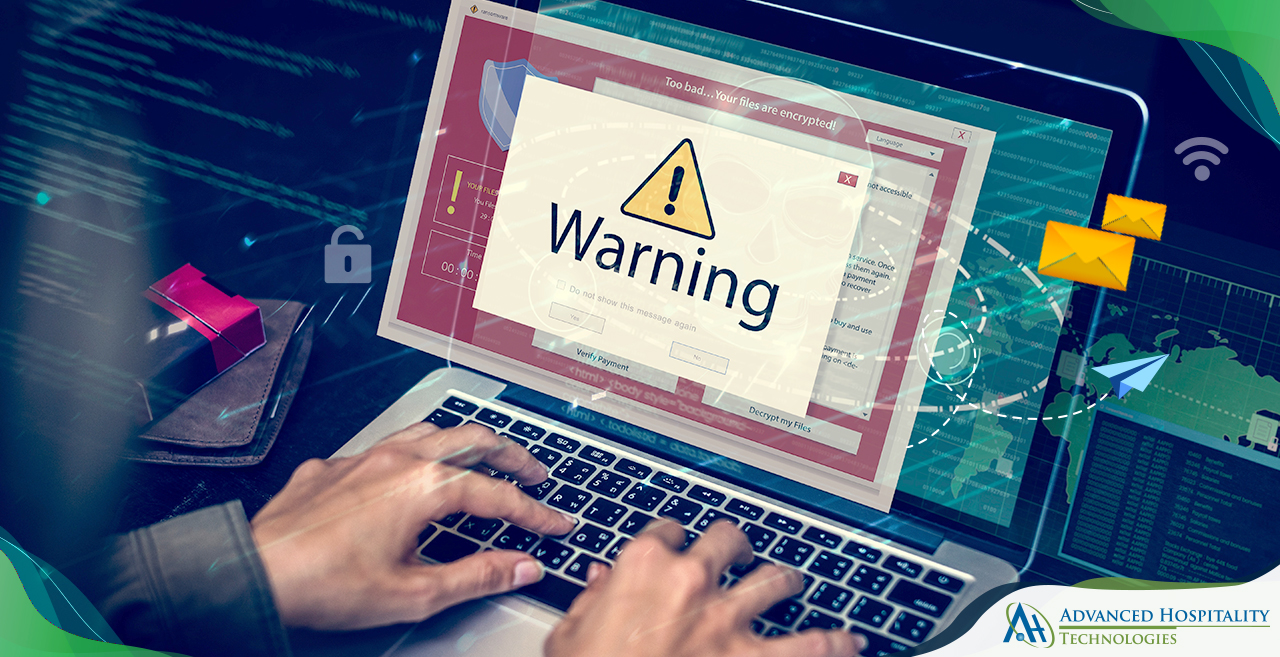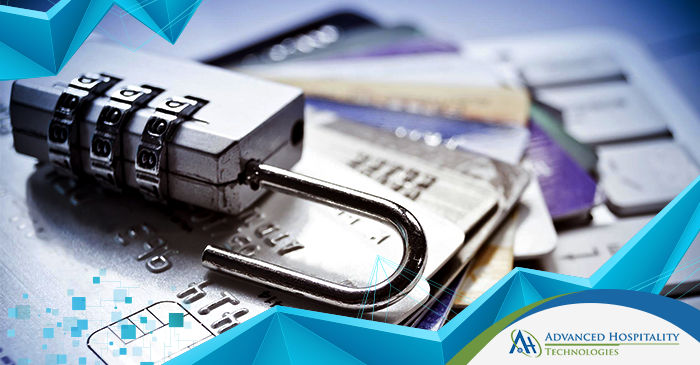Introduction
In today’s digital age, the hospitality industry faces unprecedented challenges in safeguarding sensitive information and maintaining the trust of its guests. Cyber security for hotels has become a critical concern, as the sector increasingly relies on technology to enhance guest experiences and streamline operations. This blog aims to provide hospitality professionals with essential insights into the world of hotel cybersecurity, offering practical strategies to protect both guests and business assets.
The hospitality industry has always prioritized guest safety and comfort. However, in the 21st century, this commitment extends beyond physical security to include the protection of digital assets and personal information. Cyber security for hotels is no longer a luxury but a necessity, as cyber threats continue to evolve and target vulnerable systems within the hospitality sector.
Recent years have seen a surge in cyber-attacks targeting hotels, from small boutique establishments to international chains. These incidents have ranged from data breaches exposing guest information to ransomware attacks crippling hotel operations. The potential damage to a hotel’s reputation and bottom line underscores the urgent need for robust cybersecurity measures.
Understanding the Cybersecurity Landscape in Hospitality
The first step in fortifying your hotel’s defenses is understanding the common cyber threats that target the industry. These include phishing attacks, where cybercriminals use deceptive emails to trick hotel employees into revealing sensitive information or installing malware. Ransomware is another significant threat; attackers can encrypt hotel data and demand a ransom for its release, causing operational disruptions and financial losses. Data breaches are particularly concerning for hotels, given the vast amounts of guest data they collect and store, making them prime targets for hackers looking to compromise personal and financial information. Additionally, unsecured guest Wi-Fi networks can be exploited by cybercriminals to intercept data or launch attacks on other systems within the hotel. The impact of these cyber-attacks can be devastating, leading to significant financial loss, damage to the hotel’s reputation, and potential legal consequences.
Securing Hotel Networks
To effectively address cyber security for hotels, it’s essential to identify and assess vulnerabilities within your operations. Critical areas of vulnerability include front desk operations, which handle a wealth of guest information and financial transactions, making them a focal point for security. Reservation systems are also vital for daily operations and often contain sensitive data, requiring robust security measures. Secure payment processing is crucial to protect guests’ financial information and prevent fraud. Ensuring that guest Wi-Fi networks are secure is another essential measure to prevent unauthorized access and data interception. Moreover, Internet of Things (IoT) devices such as smart TVs and thermostats in guest rooms can be entry points for cyber-attacks if not properly secured. Regular security audits and assessments are necessary to identify weaknesses and implement corrective measures.
Access Control & Data Protection
Access control is a fundamental aspect of cyber security for hotels. To protect sensitive information and systems, hotels should focus on employee training and awareness to reduce the risk of human error. Implementing role-based access control (RBAC) ensures that access to sensitive data and systems is limited based on employees’ roles and responsibilities. Strong password policies and multi-factor authentication (MFA) add extra layers of security. Additionally, monitoring and managing third-party access is crucial to ensure that vendors and partners have appropriate access controls in place. By implementing these measures, hotels can reduce the risk of unauthorized access and data breaches.
Data protection is a critical component of cyber security for hotels. Encrypting sensitive data both in transit and at rest prevents unauthorized access. Using Virtual Private Networks (VPNs) for remote access and secure communication channels enhances data security. Implementing policies and procedures for the safe handling and storage of guest information is essential. Compliance with data protection regulations such as GDPR and CCPA ensures legal compliance and protects guest privacy. These practices help safeguard sensitive information and maintain guests’ trust.
Protecting Payment Systems
Secure payment processing is a key aspect of cyber security for hotels. Compliance with Payment Card Industry Data Security Standard (PCI DSS) is essential to protect cardholder data and prevent payment fraud. Using secure payment methods such as EMV chip technology reduces the risk of card-present fraud. Implementing fraud detection and monitoring systems helps identify and prevent fraudulent transactions. Training employees on best practices for handling payment information securely ensures the integrity of the hotel’s payment systems. These measures help protect guests’ financial information and maintain the integrity of the hotel’s payment systems.
Incident Response Planning
Having a well-defined incident response plan is crucial for effectively managing cybersecurity incidents. Hotels should develop a comprehensive plan that outlines the steps to take in the event of a cybersecurity incident. Establishing a response team with clear roles and responsibilities is essential for managing incidents effectively. Regularly testing and updating the response plan ensures it remains effective and relevant. Clear communication with guests, employees, and other stakeholders during and after an incident helps manage the situation and maintain trust. Effective incident response helps minimize the impact of cybersecurity incidents and facilitates recovery.
Conclusion
In an era where digital threats loom large, prioritizing cyber security for hotels is no longer optional—it’s imperative. By understanding the unique challenges faced by the hospitality industry and implementing comprehensive security measures, hotels can protect their guests, their reputation, and their bottom line.
Remember, cybersecurity is not a one-time effort but an ongoing process. Stay vigilant, keep systems updated, and continuously educate staff about evolving threats. By making cybersecurity an integral part of your hotel’s operations, you demonstrate a commitment to guest safety that extends beyond the physical realm into the digital world.
As technology continues to advance, so too will the sophistication of cyber threats. However, by staying informed, implementing robust security measures, and fostering a culture of cybersecurity awareness, hotels can stay one step ahead of potential attackers.
Ultimately, effective cyber security for hotels is about more than just protecting data—it’s about preserving the trust that guests place in your establishment. In an industry built on hospitality and service, there’s no greater asset than the confidence of your guests. By prioritizing cybersecurity, you’re not just safeguarding information; you’re upholding the very essence of what it means to be in the hospitality business.




